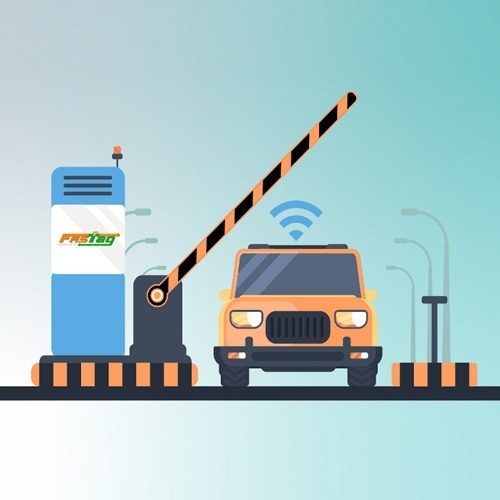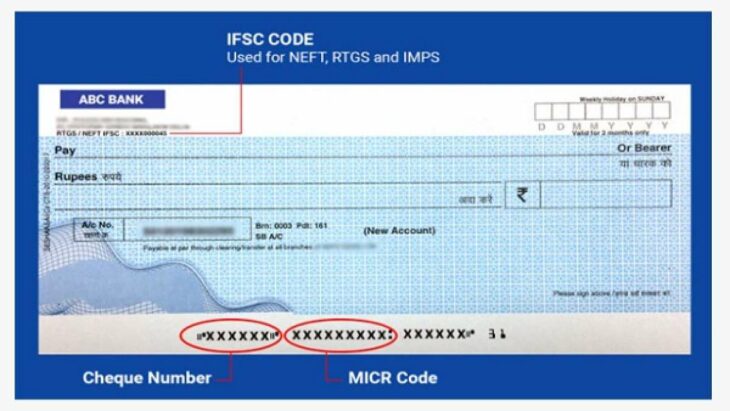If buyers are stuck on an auto loan with a bad interest rate, you might end up paying for more than you need to. Refinancing car loans helps buyers find loans with better terms and interest rates, which allows them to save in the long run.
While refinancing is usually a good option, it does not work for buyers whose current auto loans have prepayment penalties or owe more than their car is worth. Buyers should also research auto loan refinancing to find the best auto refi rates and know if it’s the best option.
When To Refinance An Auto Loan?
When credit score improves
Having bad credit makes it hard to get approved for auto loans, which forces buyers to take any loan they qualify for regardless of the terms or interest rates. However, if they build their credit, they can look for better loans with better terms and lower interest rates.
When interest rates drop
Interest rates fluctuate over time. Therefore, car buyers should watch when they drop, as that is the perfect time to refinance their auto loan.
If the car is worth more than the buyer owes
Buyers who have low loan-to-value ratios and owe less than what their car is worth qualify to get lower interest rates.
Some lenders usually have prepayment penalties, which means they charge a borrower for paying their loan before the payment period, which helps compensate for the interest they lose. If a car buyer’s original car loan has penalties, refinancing is not a good idea.
Car buyers should also avoid refinancing if they owe more than their car is worth because it will be hard to get lower interest rates.
What Factors Affect Your Refinance Interest Rate?
Interest rates vary from car dealer to car dealer and from borrower to borrower. According to Lantern by SoFi, you have to “compare several potential lenders” when it comes to auto loan refinance rates.” Some of the factors that affect the rates include:
- Credit score- Credit scores show a borrower’s creditworthiness. Car buyers with high credit scores get lower interest rates, while those with lower credit scores get higher interest rates and might have problems securing the loan.
- Car age- Some financial institutions don’t give loans for old cars, but those that do charge higher interest rates than for new vehicles.
- Loan term- The longer the borrower’s loan term, the higher the interest rates.
- Loan-to-value ratio (LTV)- This is a financial ratio used to compare the size of the loan a borrower takes to the value of the car they will buy using the loan, which lenders use to determine lending risk. The lower the LTV ratio, the lower the interest rates.
What To Look For When Refinancing Auto Loans
Interest rates
Interest is the money that the lender charges the borrower for the loan. While other factors affect the loan cost, the interest rate is the most important because it increases the borrowers’ APR. The lower the interest rate, the better.
Loan term
Many lenders have flexible loan terms ranging from 12 to 84 months. A longer loan term means lower monthly payments but more interest over the loan term. Also, longer loan terms have higher interest rates.
Discounts
Some lenders have discounts for their customers, mainly if they use other products from the lender, like saving accounts.
Penalties and fees
Some lenders have attractive auto refi rates and terms but have penalties and fees that will make the refinanced loan more expensive than the original one.
Before deciding which financial institutions they get their refinancing rates from, car buyers should shop around. They should also compare auto refi rates from online sources like Lantern by SoFi with extensive information about different loans.

















You must be logged in to post a comment.